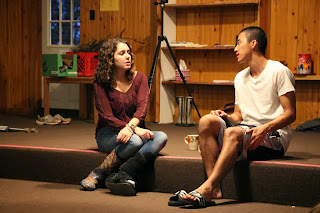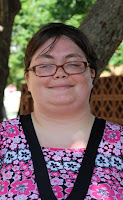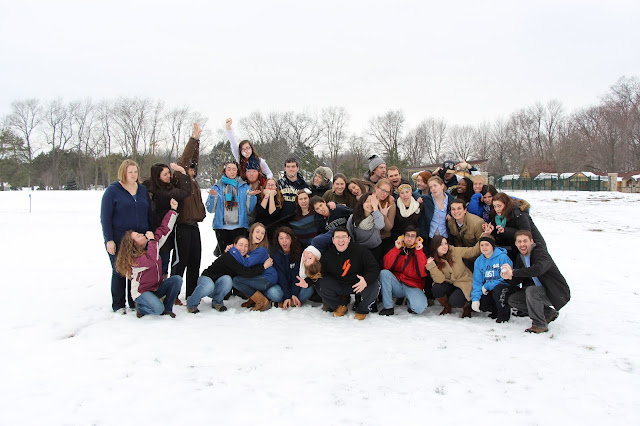 And there were shepherds living out in the fields nearby, keeping watch over their flocks at night. An angel of the Lord appeared to them, and the glory of the Lord shone around them, and they were terrified. But the angel said to them, “Do not be afraid. I bring you good news that will cause great joy for all the people. Today in the town of David a Savior has been born to you; he is the Messiah, the Lord. This will be a sign to you: You will find a baby wrapped in cloths and lying in a manger.”
And there were shepherds living out in the fields nearby, keeping watch over their flocks at night. An angel of the Lord appeared to them, and the glory of the Lord shone around them, and they were terrified. But the angel said to them, “Do not be afraid. I bring you good news that will cause great joy for all the people. Today in the town of David a Savior has been born to you; he is the Messiah, the Lord. This will be a sign to you: You will find a baby wrapped in cloths and lying in a manger.”Suddenly a great company of the heavenly host appeared with the angel, praising God and saying, “Glory to God in the highest heaven, and on earth peace to those on whom his favor rests.”
When the angels had left them and gone into heaven, the shepherds said to one another, “Let’s go to Bethlehem and see this thing that has happened, which the Lord has told us about.”
Luke 1: 8-15
Have you ever stopped and looked around and realized how unique it all is? The people especially. The people you live with, your coworkers, the clients, students, elders, families, and toddlers you serve, the people around you are all so special, treasured and amazing because it easily could be so different.
I came to Amate House a year after I’d originally planned. What can I say? It’s a long journey from Hawaii to Chicago. I was all ready to join Amate right after college, but in June of 2012 we found out about my grandfather’s terminal illness and I decided to stay at home with my family. It was the best thing for me, and I am so thankful for that time. When he passed in January of 2013, I found myself applying to Amate again.
In my head, it seemed very normal. I would be in Chicago, working at Little Brothers Friends of the Elderly, just like I’d planned in 2012. But it’s not exactly the same. The people I live with, the elders I visit, my coworkers, are all different from those I would've had last year. And not just different, but unique and needed. Every interaction, every individual is special and there for a reason. It’s all connected and blows my mind.
In other circumstances, I would've come my first year around and had a completely different experience, not better or worse, just different. And in knowing the chain of events it took me to arrive at this very moment, I value this experience in a way I originally wouldn't have.
There are times on this journey I am confused, frustrated and desperate to understand how all the pieces connect, but when I pause for a moment and realize how it’s all connected so far in the people I've met and spent time with, I am comforted that in time, all will be made clear.
This journey of life naturally has its ups and downs, and I find stability, comfort, and growth in those around me. The shepherds went out to seek their Messiah and were so moved to share the good news with others. They were moved and their lives were changed.
Every day, minute, second we are changing, we are different people than we were yesterday and I believe it has a lot to do with our interactions with others. To me, the people of your life have the ability to shape your world and by recognizing the profound value they possess in all that they are, you can add that much more meaning to your life. I see it in my family, friends, Little Village community, elders at work, and larger Amate community. May we continue to revel in the complicated web of life that has brought us together, knowing we are each here for a reason, cherishing the gift of hope, love and each other this Advent season.































